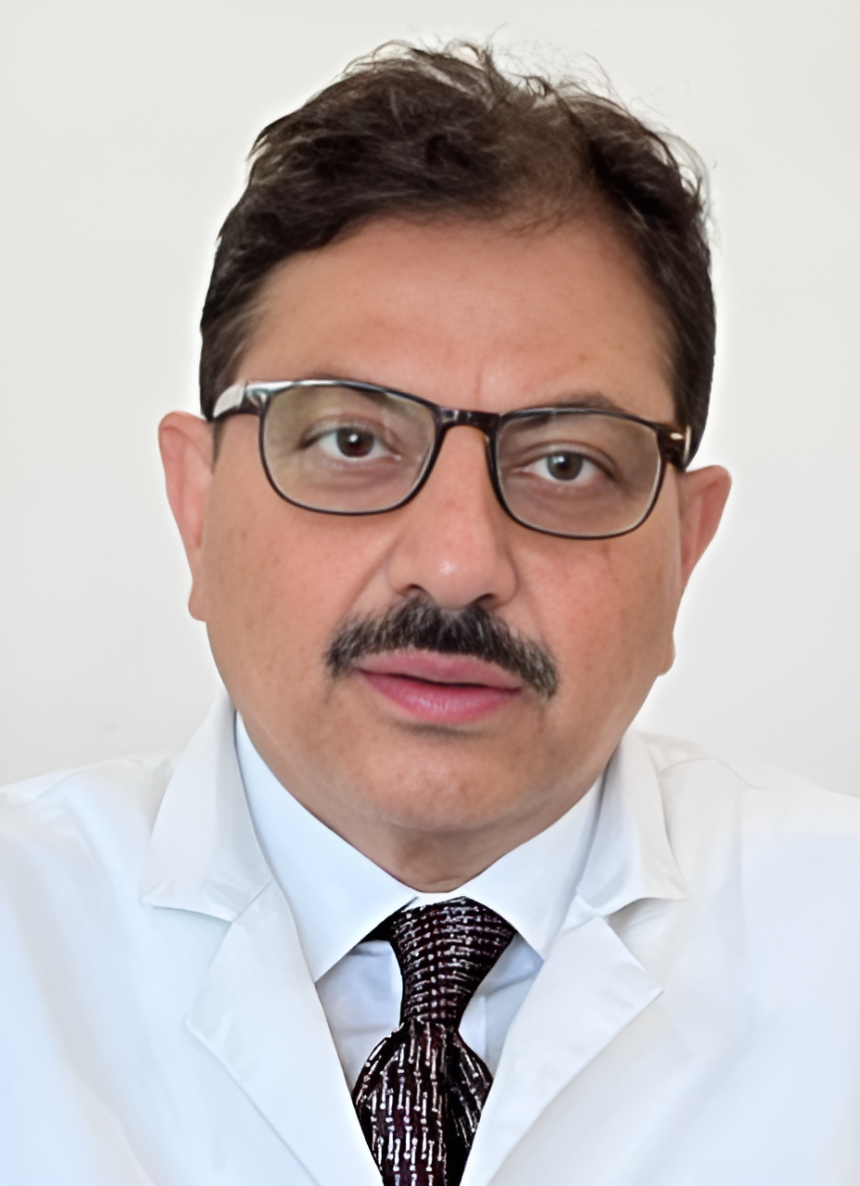Srinagar, July 27: In a significant move to tackle the stigma surrounding urinary incontinence, senior urologist Prof. (Dr.) Mufti Mahmood Ahmad of Modern Hospital, Srinagar, has called for greater public awareness, early diagnosis, and empathy to support the millions silently suffering from the condition.As per a statement issued here, speaking at a patient awareness programme held in the city, Dr. Mahmood emphasized the urgent need to destigmatize incontinence, describing it as a common but often ignored medical condition that affects over 400 million people worldwide. “One in every five women and one in every ten men suffers from urinary incontinence,” Dr. Mahmood stated. “Yet, it continues to be treated as a taboo, especially in India, leading to unnecessary suffering and delayed medical intervention.” He said urinary incontinence refers to the unwanted and involuntary leakage of urine. “It is commonly caused by aging, recurrent urinary infections, specific medications, or repeated childbirth and is often wrongly accepted as a normal part of aging. Dr. Mahmood warned against this misconception, stating: “Treating urinary changes as a natural part of aging is a dangerous assumption. Any deviation in urinary patterns should be thoroughly evaluated to rule out underlying bladder conditions.”The condition often forces individuals to isolate themselves, avoid social interactions, and experience reduced confidence and intimacy. Many silently alter their daily habits, which can have long-term emotional and psychological consequences. “Incontinence is not just a medical issue—it’s a quality-of-life issue,” said Dr. Mahmood. “Simple interventions such as lifestyle adjustments, pelvic floor exercises, and medications can significantly improve or even resolve the condition.” He urged individuals experiencing symptoms to seek medical advice without shame or delay, adding that early diagnosis and treatment can dramatically enhance quality of life. Dr. Mahmood concluded: “It’s time to bring incontinence out of the shadows. Let’s talk about it, treat it, and stop suffering in silence.”
‘Let’s bring incontinence out of the shadows’: Dr. Mufti Mahmood calls for public awareness & empathy

Sign Up For Daily Newsletter
Be keep up! Get the latest breaking news delivered straight to your inbox.
By signing up, you agree to our Terms of Use and acknowledge the data practices in our Privacy Policy. You may unsubscribe at any time.
Leave a Comment Leave a Comment
Stay Connected
Latest News
Recent Posts
- Police Conduct rescue operation in Flood-Prone areas in Awantipora
- All Govt and Private Schools to remain closed till Sep 5 in Jammu division: DSEJ
- Sakeena Itoo appeals all doctors, paramedics to remain available in view of adverse weather conditions
- Div Com Kashmir inspects preventive measures being taken to clog vulnerable spots at Barzulla, Gandbal
- Sakeena Itoo, Nasir Aslam Wani visit Anantnag, take stock of flood situation







